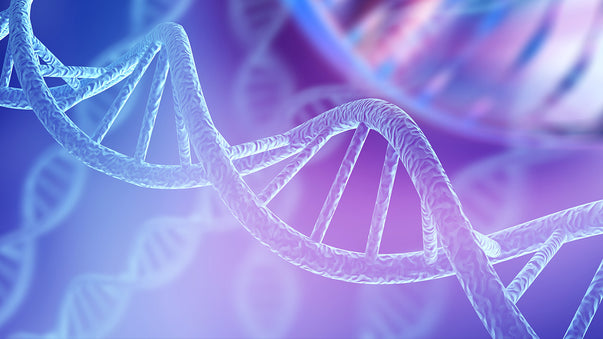Artificial Intelligence Protein Design and Drug Discovery

Scientists, led by University of Washington, have developed a new method for designing and building protein based drugs. Using computers, the scientists designed molecules that can target important proteins in the body. They include the insulin receptor, as well as vulnerable proteins on the surface of viruses.
"The ability to generate new proteins that bind tightly and specifically to any molecular target that you want is a paradigm shift in drug development and molecular biology more broadly," said David Baker in a press release issued by University of Washington.
Baker was a recipient of the 2021 Breakthrough Prize in Life Sciences for “developing technology that allowed the design of proteins never seen before in nature, including novel proteins that have the potential for therapeutic intervention in human diseases.”
Protein-based drugs bind to a specific molecular target, which then becomes either activated or deactivated. Antibodies are protein-based drugs that can treat a wide range of health disorders, including COVID-19 and cancer. However, protein-based drug development is challenging and expensive.
A research paper is published in Nature. It describes how the scientists combined recent advances in computational protein design to develop a strategy for creating new proteins that bind molecular targets in a manner similar to antibodies.
The scientists developed software that can scan a target molecule. It can identify potential binding sites and generate proteins targeting those sites. It can then screen from millions of candidate binding proteins to identify those most likely to function.
"When it comes to creating new drugs, there are easy targets and there are hard targets," said research co-leader Longxing Cao. "In this paper, we show that even very hard targets are amenable to this approach. We were able to make binding proteins to some targets that had no known binding partners or antibodies."
The scientists produced over half a million candidate binding proteins for twelve selected molecular targets. They included insulin receptors and proteins on the surface of the influenza virus and SARS-CoV-2 (the virus that causes COVID-19).
"We look forward to seeing how these molecules might be used in a clinical context, and more importantly how this new method of designing protein drugs might lead to even more promising compounds in the future," said research co-leader Brian Coventry.
SingularityHub summarizes the findings. They note that the candidate binding proteins “were highly efficient at blocking their targets.”
Some cut off growth signals that can lead to cancer. Others point the way to a universal flu vaccine that could neutralize multiple strains. Previously published results indicate that the method provided protection against COVID-19 in mice.
This may lead to new treatments for cancer, diabetes, infection, inflammation, and beyond. SingularityHub notes that the research results “could fundamentally change medicine.” They are based on powerful artificial intelligence methods for protein folding research. And they may allow scientists to design and build protein-like drugs from the ground up.
More Articles
Don't miss a beat! In our Pulse Newsletter, Thrivous curates the most important news on health science and human enhancement, so you can stay informed without wasting time on hype and trivia. It's part of the free Thrivous newsletter. Subscribe now to receive email about human enhancement, nootropics, and geroprotectors, as well as company news and deals.
Read more articles at Thrivous, the human enhancement company. You can browse recent articles in Thrivous Views. See other Pulse Newsletter articles. Or check out an article below.
-
Missing Eight Percent of DNA Revealed
Scientists at the Telomere to Telomere (T2T) consortium led by National Institutes of Health (NIH), UC Santa Cruz, and University ...
-
Spider Silk May Help Treat Cancer
Researchers at Karolinska Institute have found a way of stabilizing the p53 protein, and making it more potent. P53 protects ...


